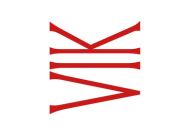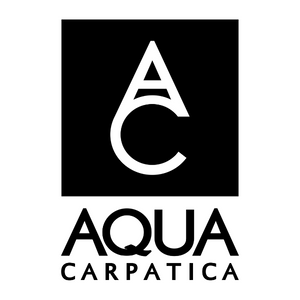Although industry professionals have come to apply the term interchangeably with “ageing”, the nuances between the two words render élevage a lot more complex than may be implied.
Three industry professionals weigh in on the intricacies between the two, the decisions that encompass each, and how both processes affect final wines in bottle.
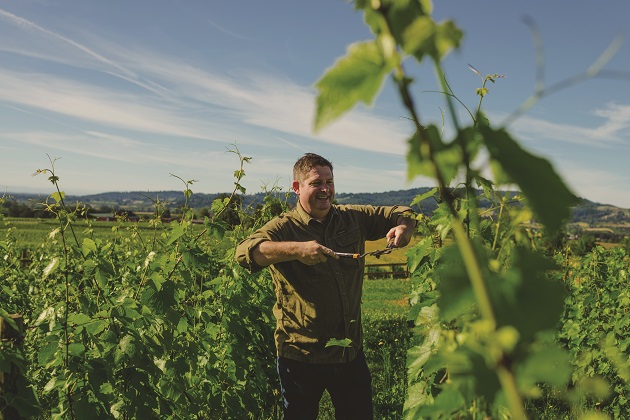
What’s the difference?
Josh Bergström (above), second-generation proprietor/winemaker of Willamette Valley-based Bergström Wines, describes élevage as the act of “raising” a wine, including interventions or technical actions taken between alcoholic fermentation and bottling.“[This includes] lees stirring, choice of ageing vessel, malolactic fermentation, intentionally stopping a fermentation for acid or sugar retention, fining, filtration, and additions to the wine,” he says.
On the flipside, Bergström finds that ageing is simply what happens to a wine once it is “the way [a winemaker] wants it to be” and has been bottled.
Austria-based export sales manager Nina West (below) echoes Bergström’s definition, describing élevage as the period of time between fermentation and bottling.
“During this timeframe, whatever methods the winemaker chooses to employ are considered to be part of the élevage, or the period when a wine really turns into wine,” she explains, stating that these actions, particularly those taken post-fermentation – which according to her, allow the wine to harmonise – are crucial to its final outcome.
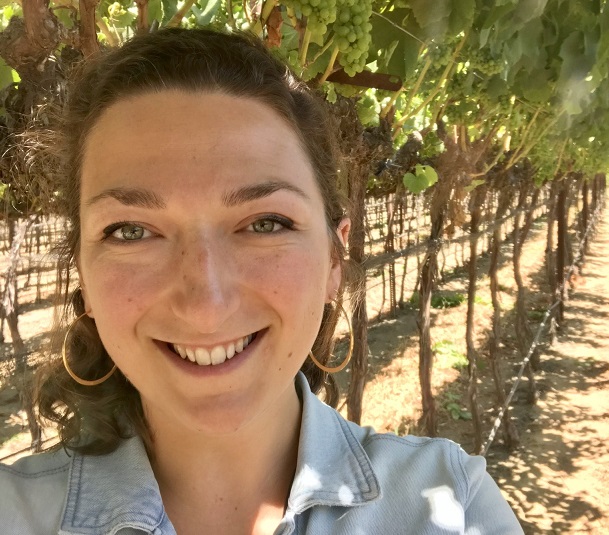
Raising wine – sort of
Beyond harmonisation, West emphasises the crucial concept of “raising” as part of what sets élevage apart from ageing.“The notion of raising a wine [élevage] versus ageing a wine comes down to the intent the winemaker has for the lifespan of the wine,” she says, stating that élevage brings the wine to a place where it is ready to drink/be enjoyed, and can involve a number of processes, including racking or adding sulphur.
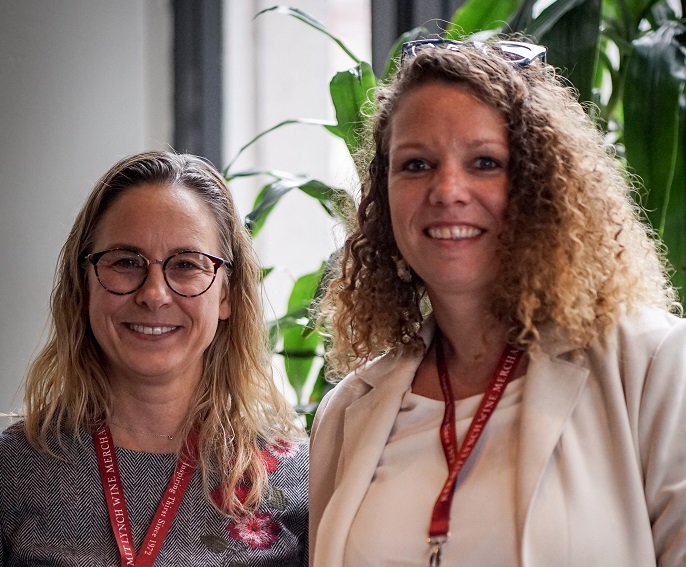
Carrie Marchal (left), Beaujolais-based administrative assistant to Camille (right) and Mathieu Lapierre, finds that the translation/usage of the word élevage in English leaves much to be desired.
“I have always used the translation of élevage as ‘ageing’, but was never really satisfied with that,” she says, explaining that similar to the term terroir, élevage doesn’t really translate to just one word – and that “raising” doesn’t always make sense to her in the context of wine.
Marchal explains that most French definitions for élevage pertain to animals, though the Larousse dictionary has one specifically designated for wine: ensemble des soins à donner aux vins pour les amener à leur qualité optimale (all of the care given to wines to bring them to their optimal quality).
A French anecdote
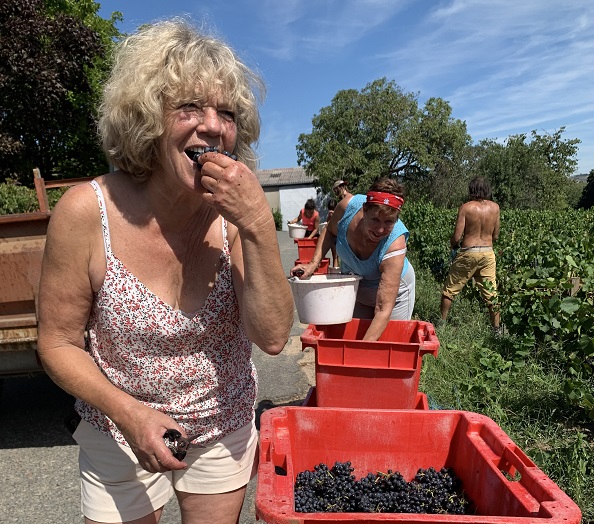
The notion of élevage clicked for Marchal after a conversation with Marie Lapierre (above), matriarch of the Lapierre family and owner of Château Cambon.
She recalls Marie entering the winery with chickens purchased from her preferred purveyor and raving about the high quality of the birds.
“She was going on and on about these chickens, the best chickens in the world – no, really, the best chickens in the world – and if I were interested in buying some, she’d hook me up with her guy,” she shares. Curious, Marchal inquired as to what made them so special.
“I asked if they were like poulet de Bresse, as in a specific variety of chicken, and she told me that while the variety is important, it’s really about a farmer’s élevage – the garden he/she has, what he/she feeds them, the sunshine, and exactly how he/she raises them – is what makes them so special,” she continues.
It was this pivotal moment that led Marchal to understand that “raising” a wine – or in other words, élevage – is not just about a wine’s resting period, but rather accounts for both the time aspect post-vinification, as well as all the choices made during the winemaking process and following it, so as to make the best wine possible.
One term within the other
Many winemakers agree that the term ageing is best used to signify the period of time a wine spends in bottle post-vinification, and that the period of time that the wine spends resting in the cellar prior to bottling – a form of ageing – is an important part of élevage, hence why the terms have frequently become used interchangeably, though does not encompass the whole definition of the latter.To illustrate, Marchal notes that at Lapierre, little is done to the wines post-fermentation (no racking, bâtonnage, etc), thus élevage and ageing could be used interchangeably here, though for wineries that pursue more actions during the period between vinification and release, that a more all-encompassing term – that is, élevage – could be better.
In short, élevage encapsulates a vast number of actions taken to get the wine to its best place before leaving the cellar, whereas West and Bergström clarify that ageing simply is the prolonged period of time that a consumer or winemaker chooses to let a finished wine rest to achieve a different flavour profile.
“Ageing is letting the wine come together to give it the best tasting experience: drink upon release with no ageing, drink after one year of ageing, drink after 20 years of ageing, etc,” explains Bergström, citing that during the ageing process, wine slowly absorbs oxygen and begins to die – though much like human beings, said process can take many years.
“Do you want to taste a wine in its infancy, in its teenage years, in its mid-30somethings, or perhaps in its old age?” he ponders, clarifying that the period when a wine is consumed with age will generally render very different experiences.
Above all, West notes that the decisions made during the élevage process will partially determine the outcome of a finished wine, though the terroir (soil type, microclimate, etc) and characteristics of the variety/varieties will also play a significant role in shaping the finished wine.
This article was first published by our friends at Wine-Searcher.

 English
English French
French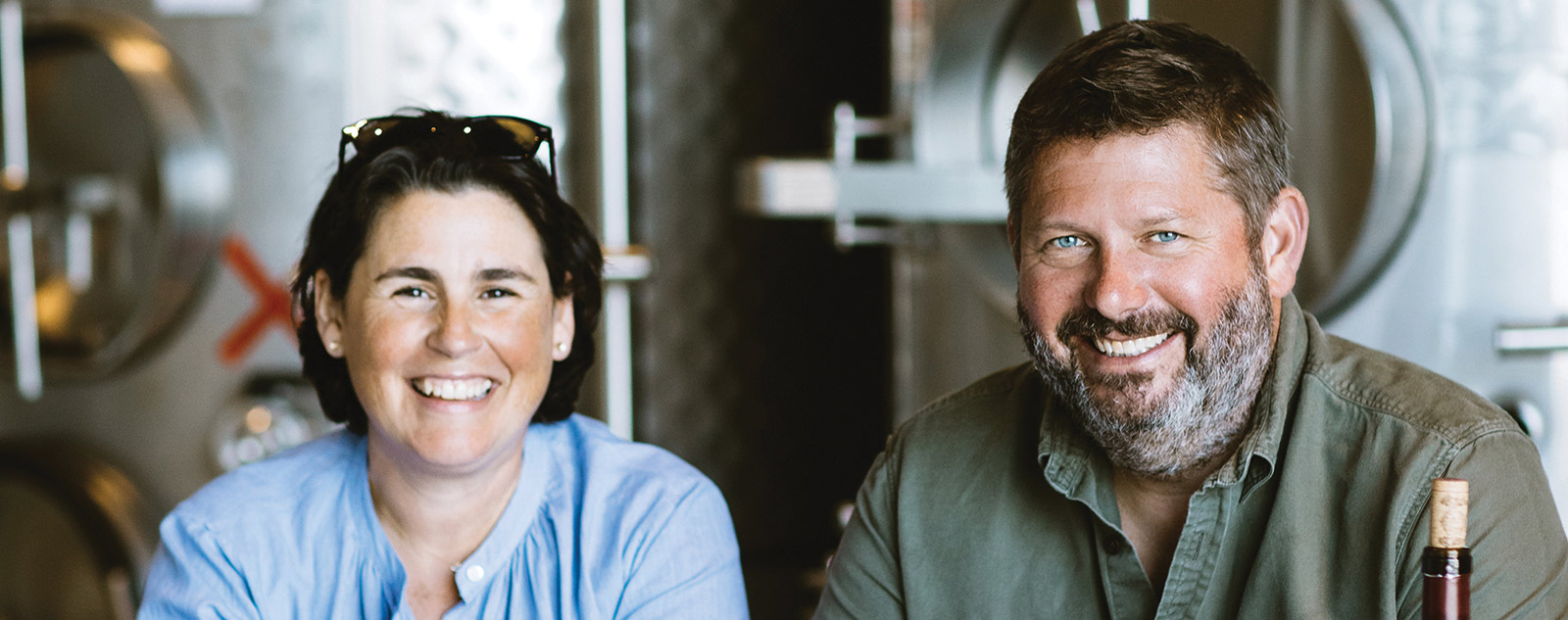



.png)
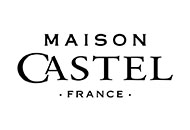
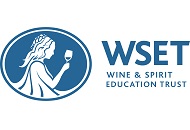
.png)

